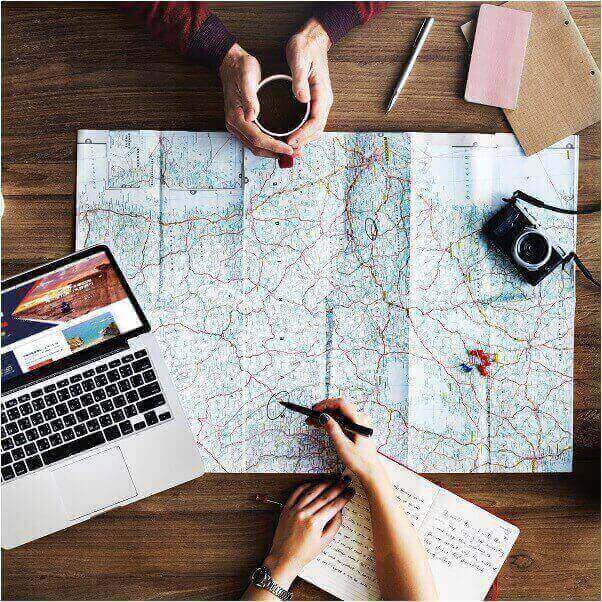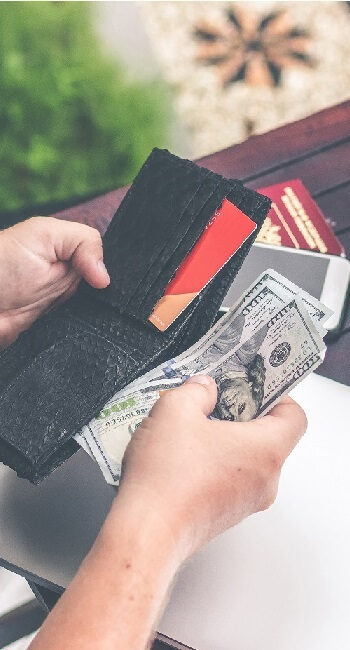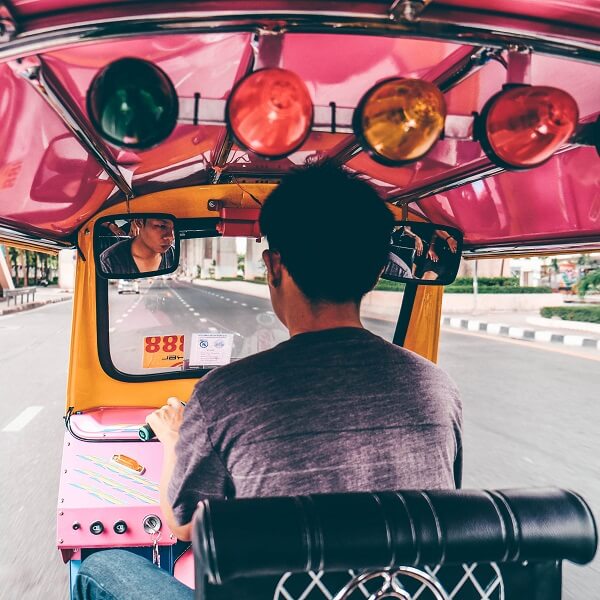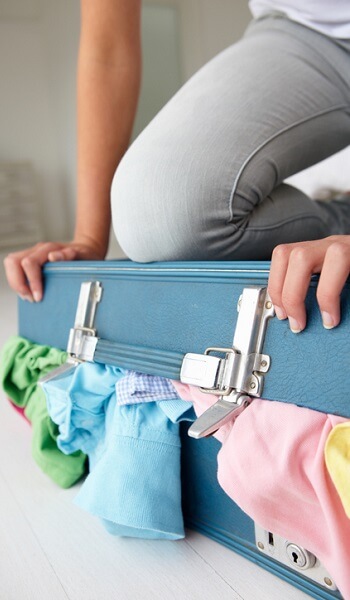1. Research is your friend
A good place to start when planning your holiday is the Government’s Smart Traveller website. Here you can find travel advice as well as current warnings. This will help you understand major differences in cultures or laws (such as in middle-eastern and northern African countries) that you should be aware of, as well as circumstances that could impact your travels, such as recent natural disasters or disease breakouts.
Looking at review websites such as Tripadvisor and travel blogs can also provide personalised insight from other travellers into activities you are considering.
2. Visa-ting another country
The last thing you want is finally peeling yourself off your seat, lining up at customs and then being denied entry, finding yourself on the next flight home without setting foot outside the airport. To help avoid this, make sure you understand the visa requirements of the country you are visiting in advance.
Some countries don’t require pre-arranged visas for trips within a certain timeframe (such as much of Europe and the UK) and others simply require an online form to be completed (such as the US). However, if you need to visit a consulate for visa approval, you will need to factor this into your planning for both costs and timing.
3. Money, money, money
While overseas, you have a number of options when it comes to making purchases or accessing your money. It pays (excuse the pun) to do your research – consider travel money cards, debit cards and credit cards to see what suits your needs. Keep in mind conversion rates as well as fees and weigh them up with the features you may be offered (such as with a credit card).
It is usually a good idea to have some cash in the local currency at hand when you arrive so you are prepared for incidentals such as potentially paying for your transport from the airport or small tips along the way.
4. Smooth transit(ion)
A good way to reduce culture shock or frazzled nerves when first arriving in a new country is to know your transportation options prior to boarding your flight. There may be a cost-effective public transport option, your hotel may offer a shuttle service, or you may opt to arrange private transportation. Knowing what you’ll do at the other end (when possibly jetlagged) could save some headaches.
Understanding the standard mode of transport in your destination can also help with planning your insurances. For example, scooters and motorbikes generally aren’t included in standard travel insurance policies or if you are opting for a rental car, some credit cards include cover (if you fulfil specific criteria). Check the product disclosure statement (PDS) of any policy or product for more information.
5. Travel insurance
You’ve probably heard stories about exorbitant medical bills, exceedingly cunning pickpockets and luggage mishaps. The right travel insurance policy can help provide you with peace of mind should the unexpected occur while in a foreign country, but also should anything impact your plans before leaving the country. If you take out travel insurance as soon as you begin planning your holiday, you are more likely to be covered should you need to cancel your trip for reasons outside your control – such as when the ash cloud from Mount Agung in Bali led to flights being cancelled.
6. Plan your luggage
We’ve all been there - sitting on our suitcase desperately trying to squeeze those extra bits and pieces in – sometimes as physically demanding as trying to squeeze into jeans one size too small. The worst part can be getting to the airport and discovering your case is overweight – cue excess baggage charges. To save yourself the stress on the day of leaving, it is a good idea to understand the approximate weight and dimensions of your luggage in advance by establishing what bag you plan to take and how many outfits you REALLY need. Remember to leave space for those souvenirs or holiday treat-yo-self purchases.
7. Careful about the social boasts
We get it – you are having an awesome time, seeing amazing places, meeting interesting people and generally loving the experience. And what better way to rub it in to friends still at home working than to share your photos, check-ins and posts on social media? However, the unfortunate truth is these posts can potentially draw attention to uninvited visitors to your unattended home.
Some insurers now check social media activity when you make a claim, with the expectation you take ‘reasonable care’ when it comes to securing your home. Keep in mind that if they find you failed to do so, such as by advertising the vacancy of your home on social media, you may be excluded from claiming.





